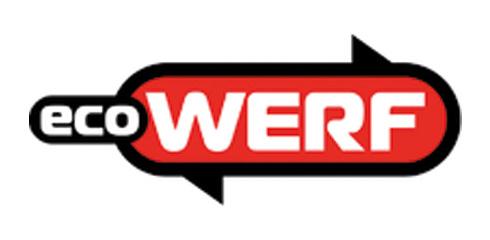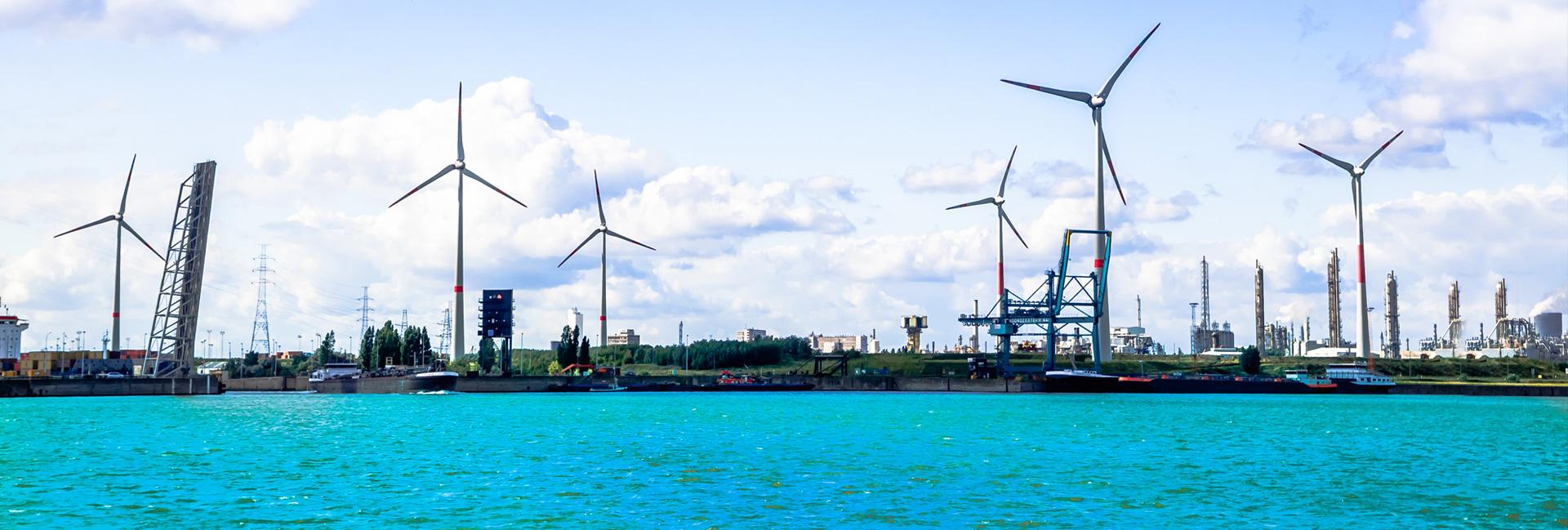
EcoWerf
EcoWerf is an intermunicipal environmental company that manages the waste policy for 28 municipalities and cities in East Flemish Brabant. The 4 core tasks that EcoWerf takes care of are: waste prevention, waste collection, waste processing, waste billing. By building a new fermentation plant (green gas processed from organic waste), EcoWerf will generate green energy (maximum 11 GWh of electricity/12 GWh of heat per year). This means that it has a large surplus of green electricity, as it consumes less than a third of this potential itself. As a result, EcoWerf has a fifth additional task, namely that of a sustainable energy supplier. In its Climate Action Plan 2030, EcoWerf has committed to reducing CO2 emissions to -55% by 2030. One of the major energy consumers are trucks. They consume more than 700,000 litres of diesel on an annual basis. It has therefore been decided to make these trucks more sustainable in phases. Initially by switching to a more low-carbon fuel and by 2030 a reduction of at least 40% CO2 emissions for the entire fleet (compared to reference 2008) and this by purchasing vehicles that run on renewable energy. Market research by EcoWerf shows that cars powered by electricity (batteries) are the most available. These still have a number of limitations such as limited range, more weight and charging time/space usage during charging. An alternative to the vehicles (heavier transport) that require a higher range are hydrogen-powered vehicles. So EcoWerf wants to implementateSolhyd's innovative hydrogen panels for on-site production of hydrogen for own vehicle fleets. Although many companies have decided to make their fleets greener, this raises many questions. For heavier types of vehicles, electrification with batteries is not always obvious, and high-power electric charging is not always possible. Vehicles that are electrified using hydrogen still make up a small part of the total fleet today. However, companies that want to make the switch to hydrogen often have the following problem: green hydrogen is hardly available and is still very expensive. In addition, there are only a few public hydrogen refuelling stations and their continuity is not guaranteed. With Solhyd we are investigating an approach that breaks through this chicken-or-egg story and also guarantees that the hydrogen used is indeed renewable. By means of hydrogen panels on the company's own site, the hydrogen is produced at a known cost price. Distribution costs are avoided. The vehicles can be filled on their own site, so that the end user has control over the entire chain.


 Netwerk
Netwerk